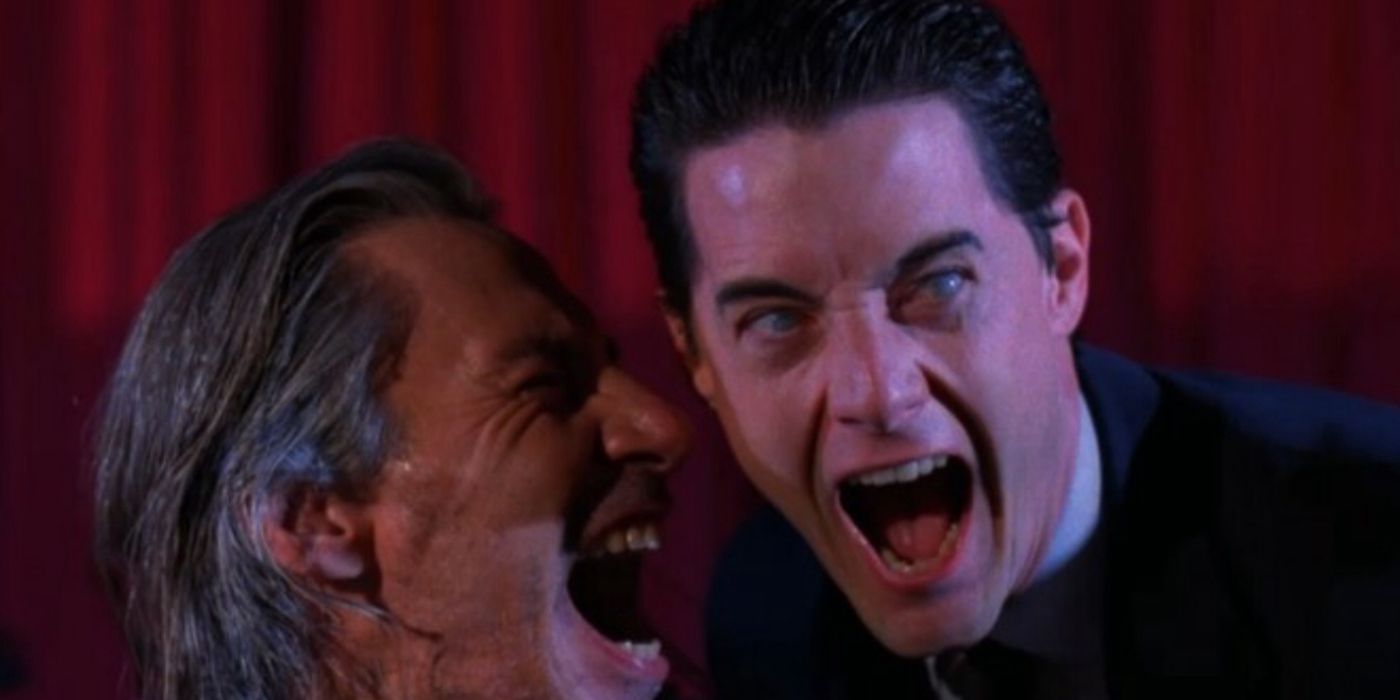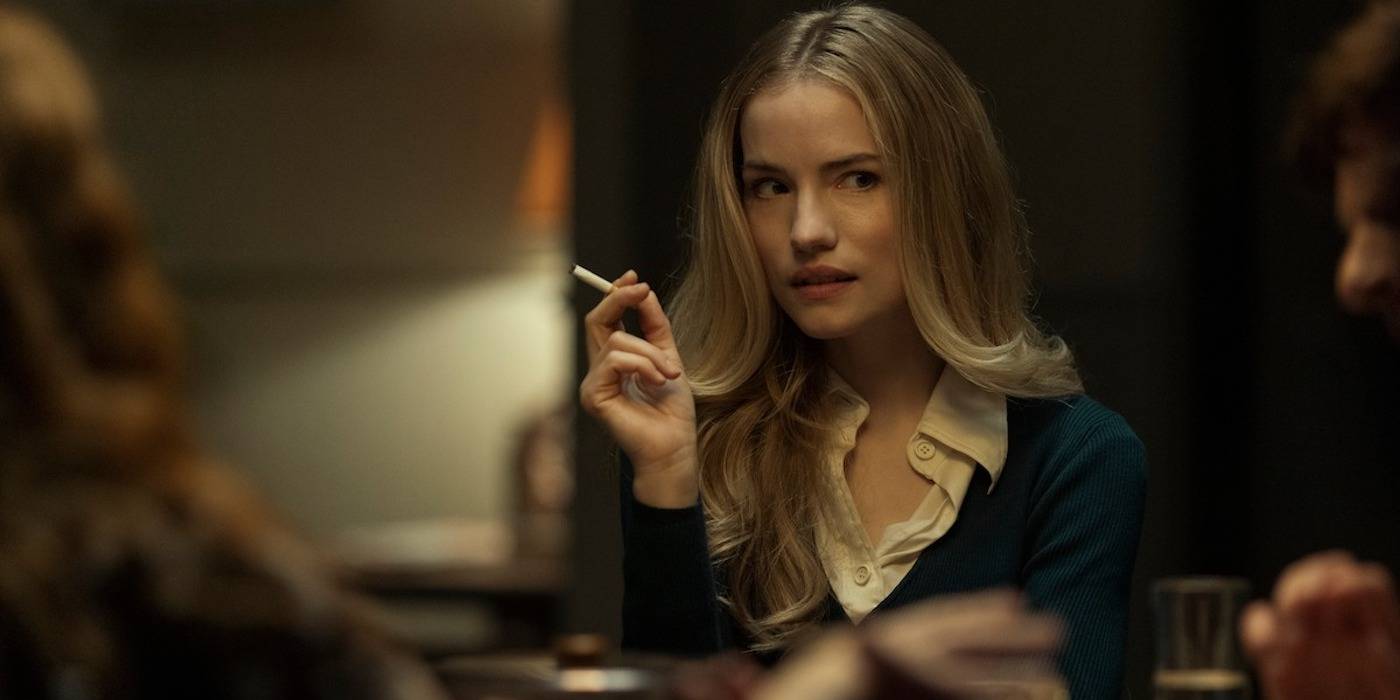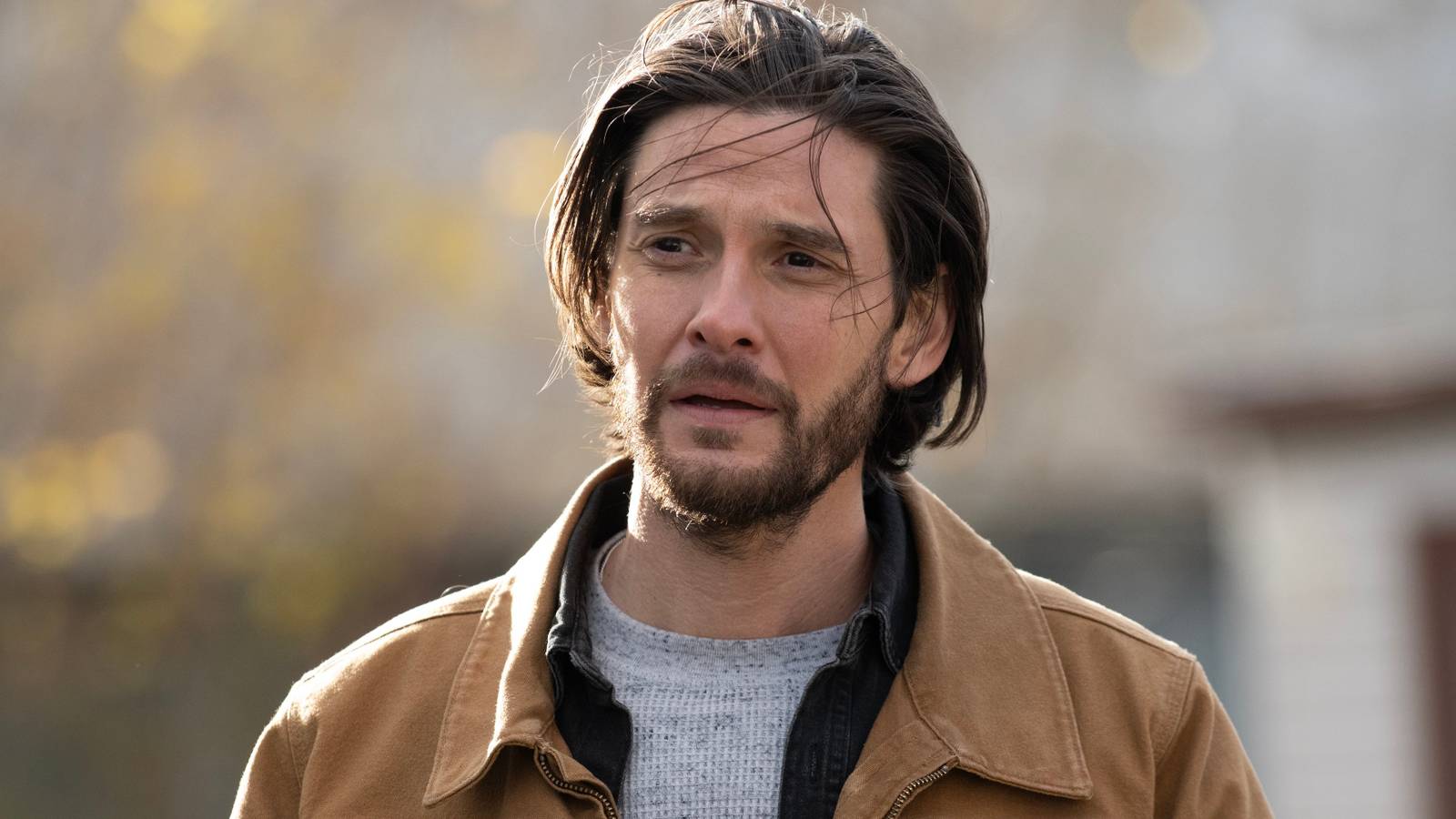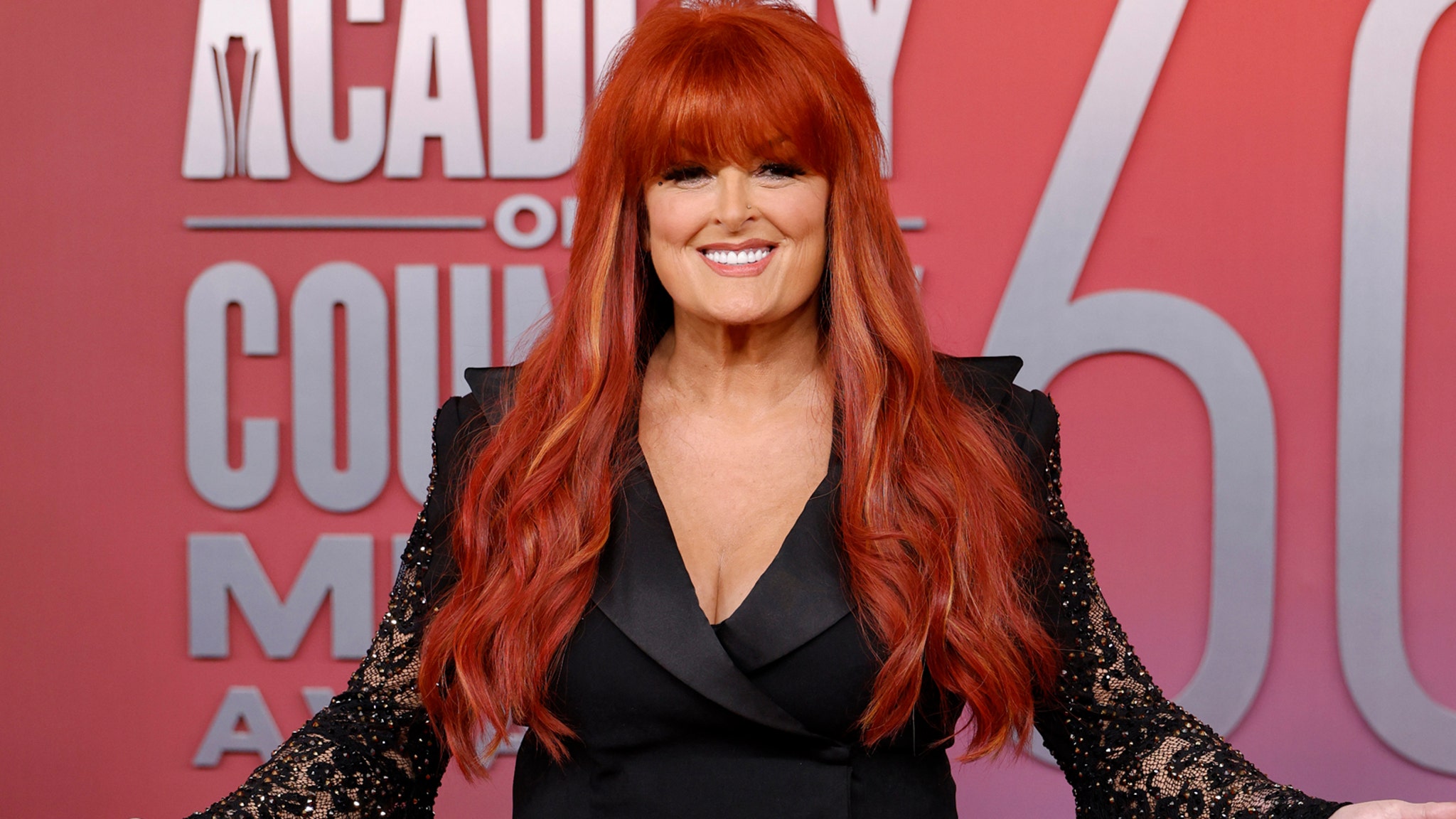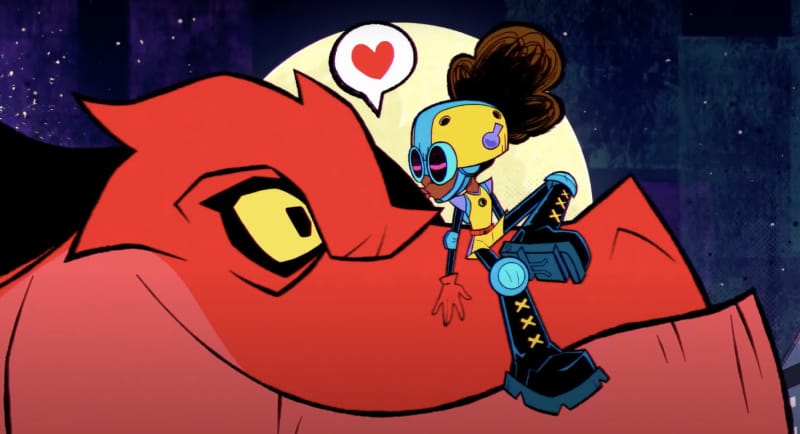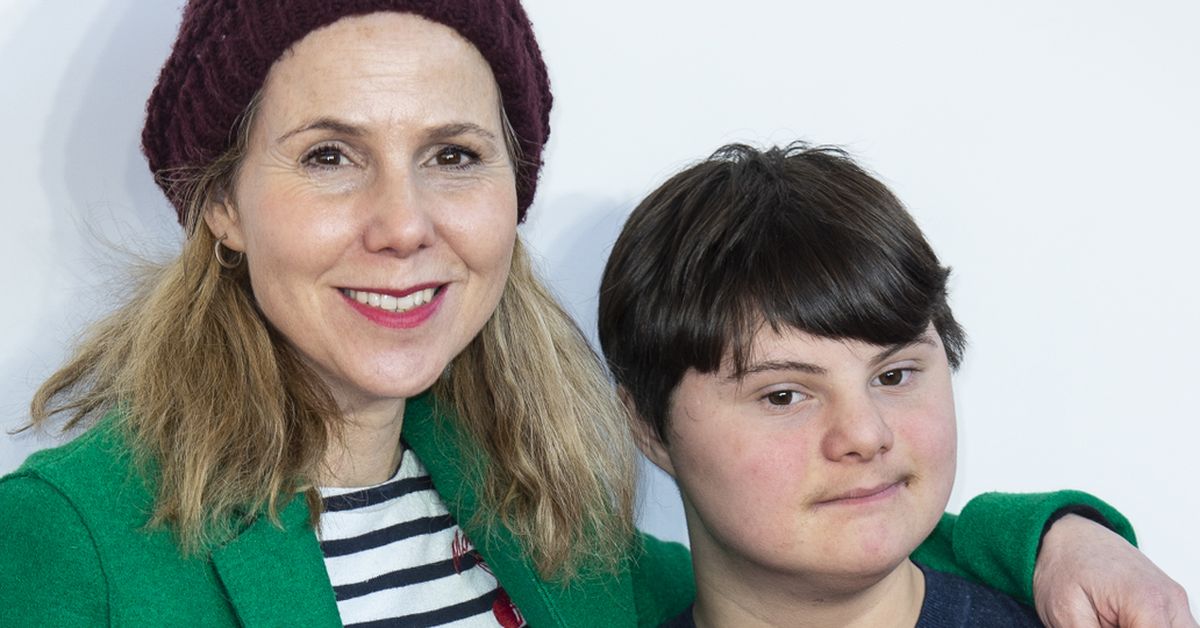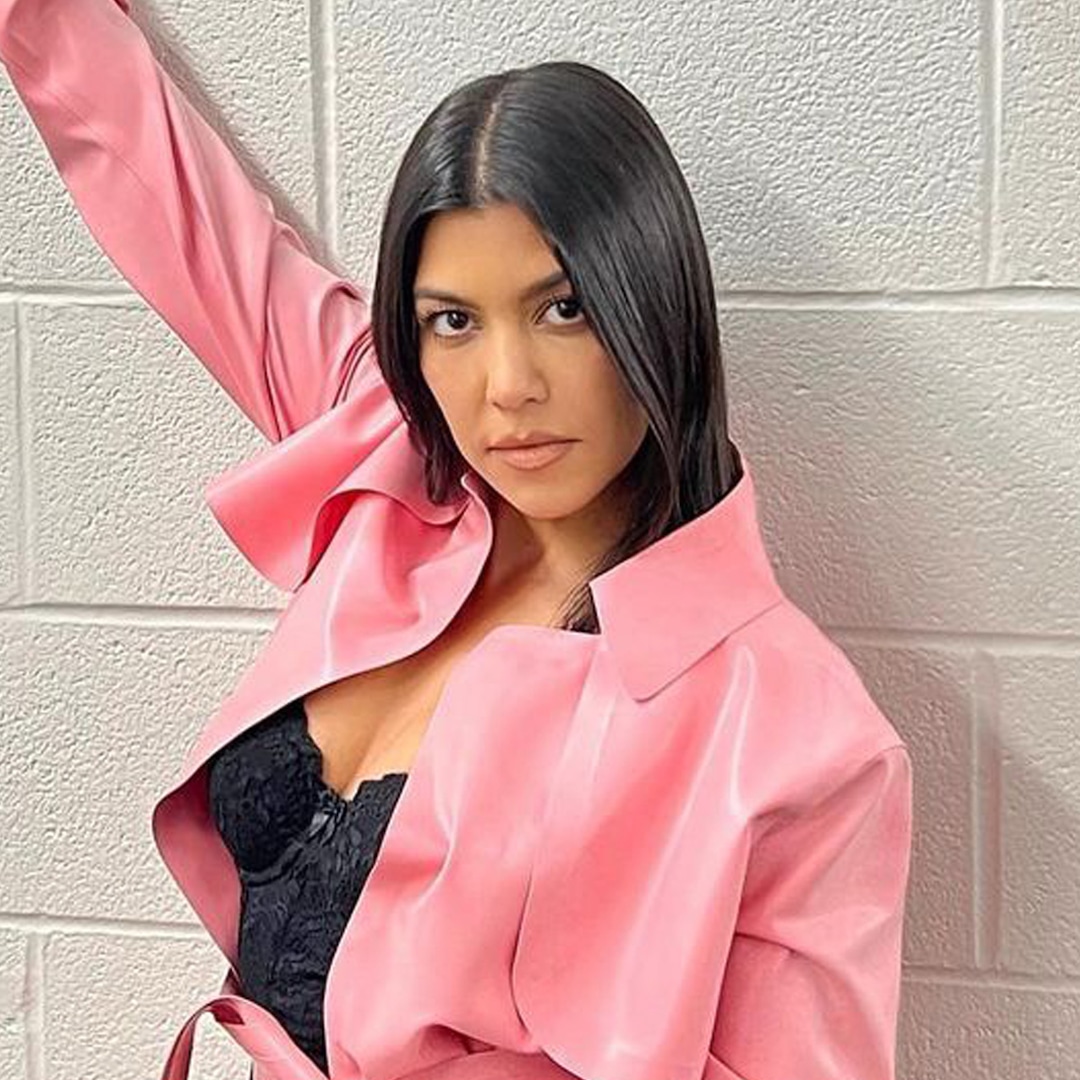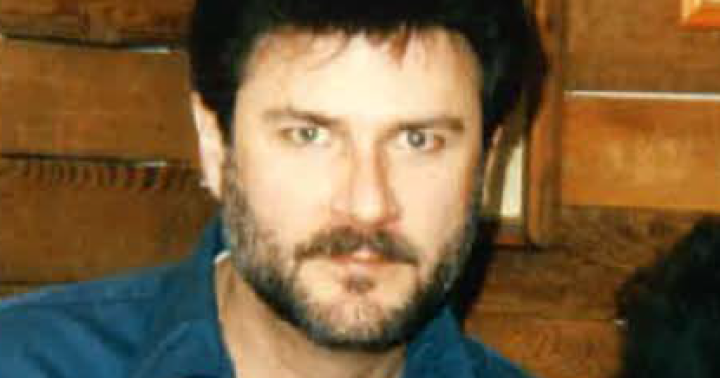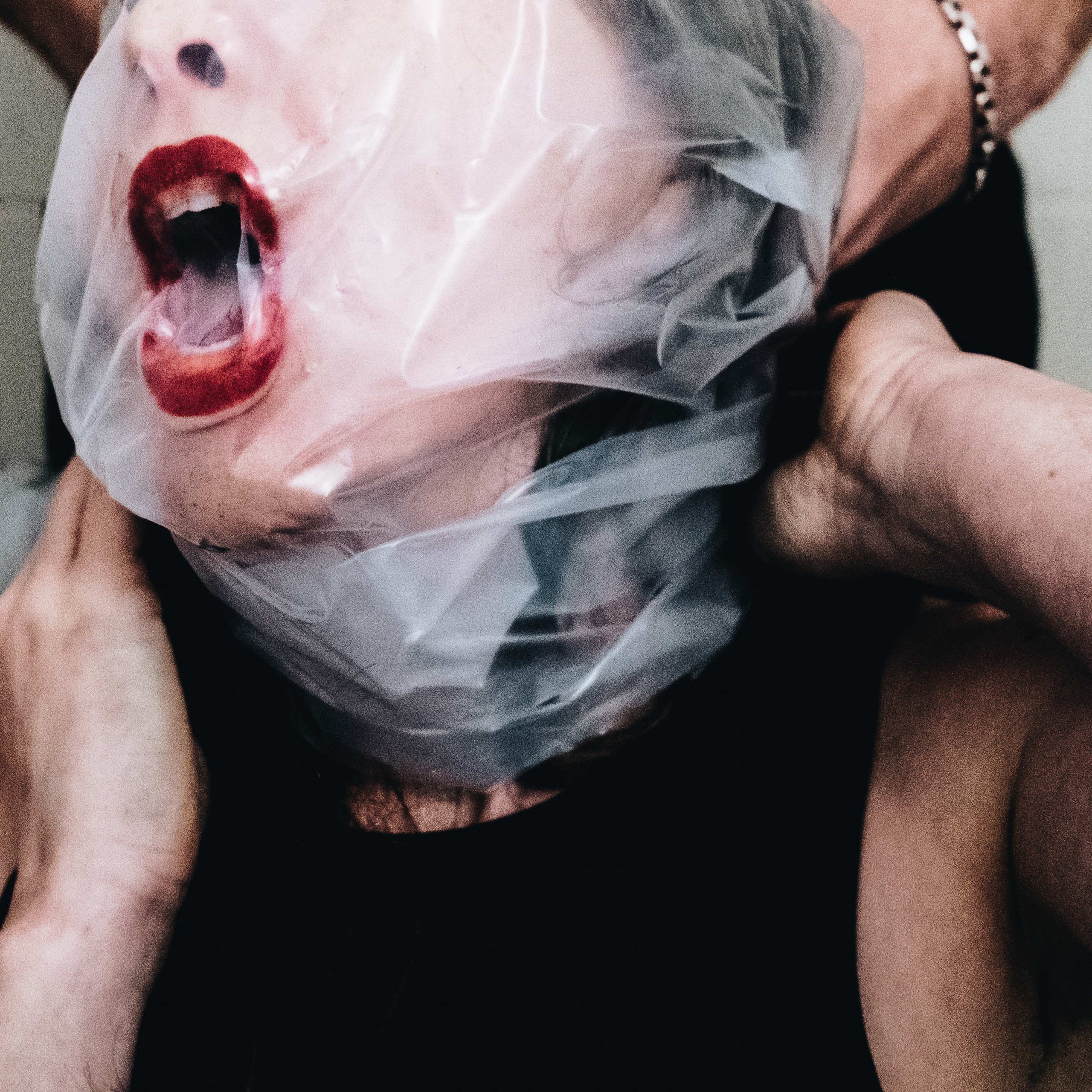The late and great David Lynch, a name synonymous with groundbreaking television, surprisingly didn’t spend his childhood glued to the screen. In fact, TV sets weren’t a constant fixture in his early life. Even when it did arrive, his mind was often elsewhere, lost in the world of his own imagination, the pure source of Lynch’s best movies.
However, there was one show that managed to break through – a legal drama from a bygone era. This single point of contact with the small screen, a show known for its courtroom mysteries and dramatic reveals, was part of a television landscape that Lynch, with his singular genius, would later help to reshape.
David Lynch Didn’t Watch Much TV Growing Up – But He Did Watch Perry Mason
This Noirish Legal Drama May Have Been A Seed Of Influence For Twin Peaks
It should be noted that while it has been referred to as his “favorite,” Lynch did not necessarily discuss the show in these terms. He only stated that his household did not even own a television until he was in third grade, and that the only show he ever really watched was Perry Mason (via Vulture), noting that television “homogenized everything”.
For an artist with such a profound and reverberating influence on television, which he maintained was the “new arthouse” (per NME), David Lynch himself did not watch a lot of it growing up. However, he used to watch Perry Mason. While he did not grow up poor, his family moved around a lot in his early life (per Big Issue); it is easy to imagine that a cumbersome 1950s TV set would have been difficult to cart around. Nonetheless, Lynch always described this small town life as idyllic.
Even when his family got a television later, it may have simply not been very important to him…
He also said he learned early on the importance of being able to daydream, so even when his family got a television later, it may have simply not been very important to him. Despite these priorities, some of his greatest work was on television, and he ultimately returned to the medium for good, following his disillusionment with the film industry (per The Film Stage). In his later life, he continued to direct remotely to accommodate his emphysema.
Perry Mason Is Not The Show You’d Expect To Be David Lynch’s Favorite Growing Up
It Is Formulaic, Archetypal And Melodramatic, All Aspects Lynch Played With Creatively
Regardless of whether it was his favorite, it seems significant that despite owning a television in the latter part of his childhood, he only cared to watch Perry Mason. Lynch’s earlier films, Eraserhead and Blue Velvet, show how much American environments, both industrial and suburban, strongly influence his work, and he often dismisses questioning about his more cultural influences.
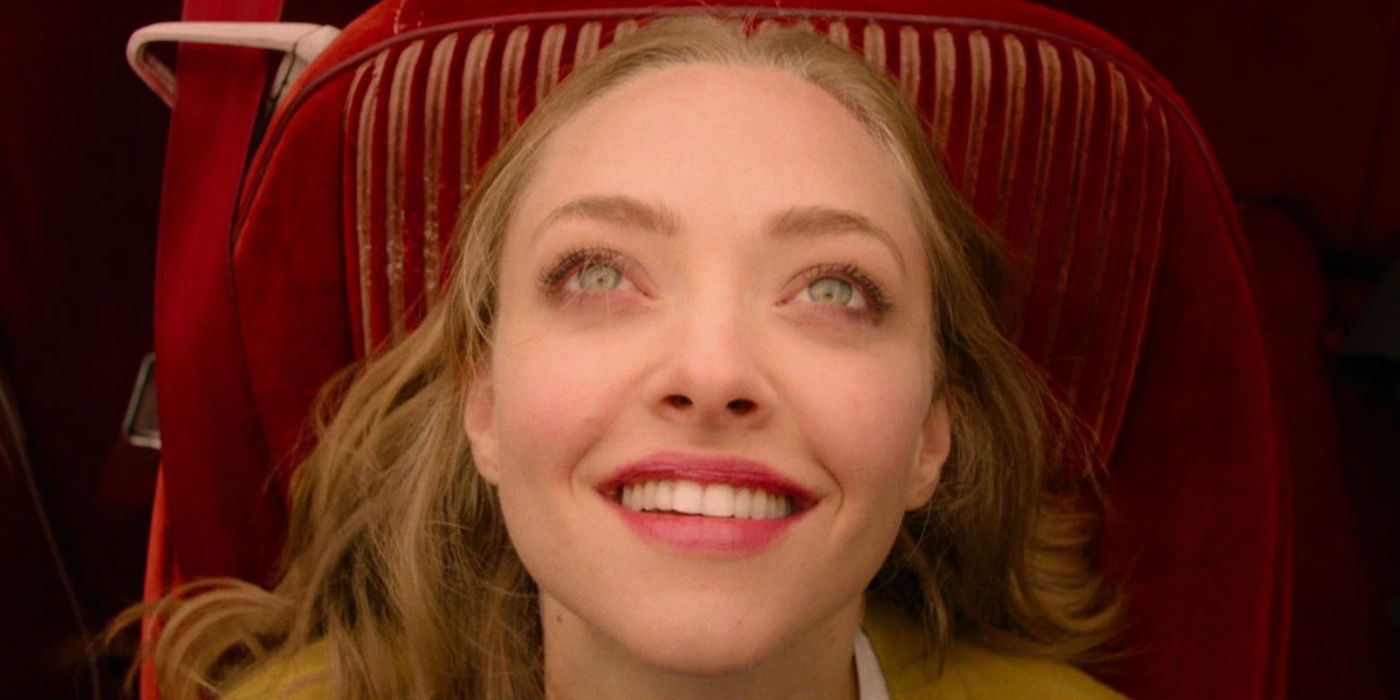
Related
“I Wanted To Give Him Everything He Deserved”: Twin Peaks Star Reflects On Why David Lynch Was “Everything Good” About Filmmaking
Amanda Seyfried reflects on working with David Lynch on Twin Peaks, praising his creative vision, warmth, and collaborative approach to filmmaking.
Perry Mason may not be the show that comes to mind when one imagines which works of fiction inspired Twin Peaks. However, on a closer look and knowing it was the only show Lynch watched growing up, the melodrama present in Perry Mason may have had an influence on Twin Peaks and its own soap opera, Invitation To Love.
David Lynch Might Not Have Watched A Lot Of Shows, But He Changed Television
Lynch And Frost Irreversibly Changed Television With Twin Peaks
When it came to the television format, David Lynch and Mark Frost really marched to the beat of their own drum, which is why they revolutionized television for future generations of showrunners. It is interesting that a rare potential influence on Lynch’s imagination was this noirish legal drama from the 1950s and ‘60s, especially the formula of the show that would have the real culprit dramatically revealed, much like who killed Laura Palmer.
His revealing that he watched Perry Mason gives yet another lens through which to rewatch the multifaceted Twin Peaks – while a groundbreaking mystery, it was also partly a soap opera. David Lynch showed a familiarity with the tropes by using Invitation To Love as a parody and a metacommentary, its melodrama perhaps an echo of the 1950s.
Source: Vulture, Big Issue, The Film Stage, Far Out
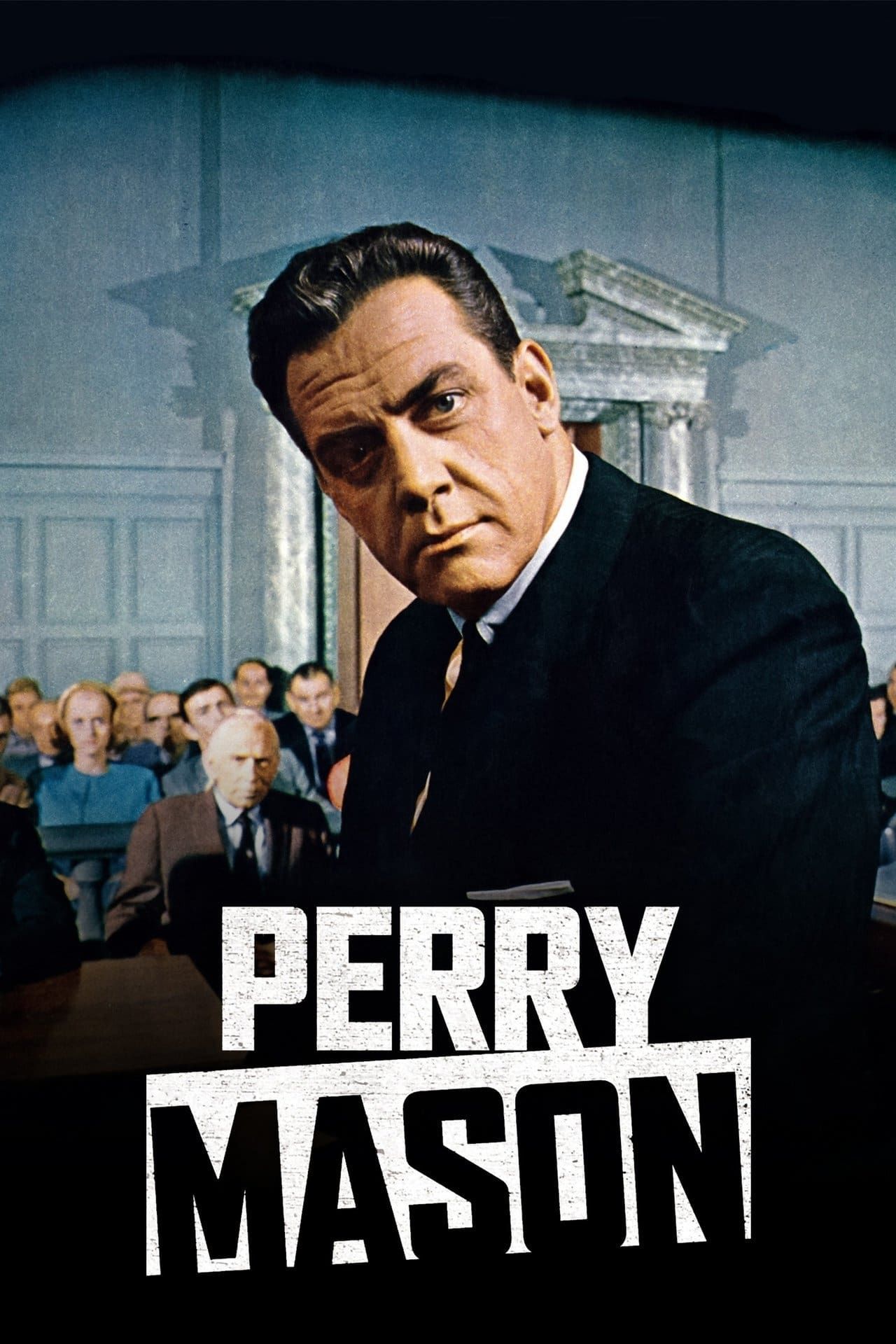
Perry Mason
- Release Date
-
1957 – 1966-00-00
-

-

Barbara Hale
Della Street
-

William Hopper
Paul Drake
-


